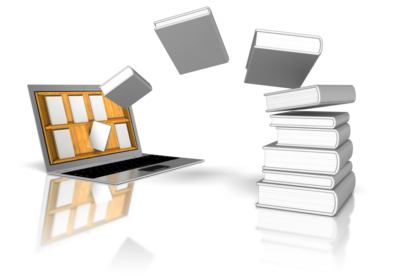by Lisa Cooke | Jan 6, 2014 | 01 What's New, Military, Oral History, Photographs
If your family has a history of military service, you want to better understand the experience of war, or you want to help preserve someone’s memories

American soliders in the Korean War. Fighting with the 2nd Inf. Div. north of the Chongchon River, Sfc. Major Cleveland, weapons squad leader, points out Communist-led North Korean position to his machine gun crew. November 20,1950. Pfc. James Cox. Wikimedia Commons Image.
of combat, you should check out Witness to War.
Witness to War aims to capture “the ‘foxhole view of combat as seen by the soldiers who experienced it.” They do oral history interviews with combat veterans, then preserve and share them through their website. They have already posted a lot of video interviews that are searchable by subject or name.
Their collection of photos, mostly snapshots taken by soldiers, is sobering and powerful. There are a lot of battlefield and other very stark images.
Do you know anyone whose memories should be included in this site? They are currently interviewing soldiers in the Atlanta and Washington, D.C. areas. All content they collect will be donated to the (US) Library of Congress Veterans History Project.
by Lisa Cooke | Dec 4, 2013 | 01 What's New, Digital Archives
Over million in grants has been awarded by the National Archives (U.S.) to digitize important historical documents. Here’s how the  awards break down:
awards break down:
- $1.1 million to “nine publishing projects from the U.S. Colonial and Early National Period, including the papers of Benjamin Franklin, George Washington, John Adams, Thomas Jefferson, James Madison, Dolley Madison, and John Jay. Projects to record the Documentary History of the Ratification of the U.S. Constitution and the Documentary History of the First Federal Congress also received funding”
- Nearly $700,000 to “State and National Archives Partnership (SNAP) grants to enable 28 state historical records advisory boards to carry out their mission to support archival education and strengthen the nation’s archival network;”
- Over $500,000 to 7 projects to “digitize World War II Oral History files; the papers of Leo Szilard, the nuclear physicist; the papers of General Oliver Otis Howard, Civil War general, Commissioner of the Freedman’s Bureau, and third president of Howard University; Historical Collective Bargaining Agreements from the 1880s through the 1980s; the Center for Jewish History’s American Soviet Jewry Movement collections; Early Connecticut manuscripts; and 19th century trademark files in the California Archives, including the original trademarks and specimens from Levi Strauss & Co. jeans, 19th century medicines and tonics, and the original trademark registered to Anheuser Busch for its Budweiser lager.”
As you can see, there’s a lot in there to appeal to family historians. Maybe not so much the Levi Strauss and Budweiser artifacts, but I could see many of us being interested in the World War II oral history files; the papers of the Freedman’s Bureau Commissioner; the Center for Jewish History’s files; those early Connecticut manuscripts and more.
The National Archives’ press release doesn’t say where these digitized files will end up. But I’m guessing at least some will eventually be made available on Founders Online, an award-winning database on the papers of “America’s Founders.”


 awards break down:
awards break down: